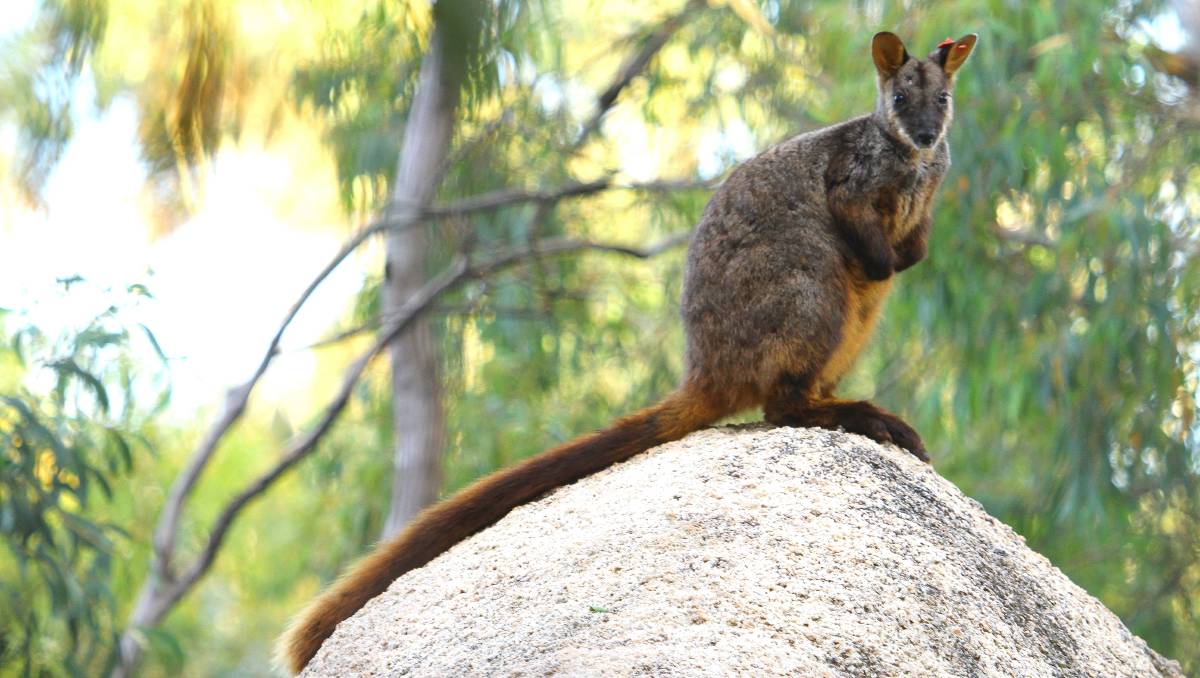Emerging areas of research in Reintroduction Biology
On the first day of the CBA co-funded Synthesis Group workshop Emerging Areas of Research in Reintroduction Biology, invited participants will be
Speakers
Event series
Content navigation
Description

On the first day of the CBA co-funded Synthesis Group workshop Emerging Areas of Research in Reintroduction Biology, invited participants will be presenting a series of short introductory talks.
This part of the workshop will be open to the general community and we invite you to join us for an afternoon of short presentations by leading conservation researchers and practitioners.
The session will begin with an overview of the workshop objectives:
- Identify the main reasons for the gap between captive and wild.
- Focus on ‘animal tactics’ side of reintroductions (Batson et al.);
- Can we improve an animal's (or plant's?) ability to live with threats;
- How to breed animals for release with optimal fitness for their environment.
Invited participants will then (1) discuss their own research as it applies to adaptation to threats and optimal fitness, and (2) highlight the most exciting area of research that may improve reintroduction success through increased animal quality.
Background discussion paper: Translocation tactics: a framework to support the IUCN Guidelines for wildlife translocations and improve the quality of applied methods.
Please feel free to bring your lunch (lunch will only be provided for workshop participants). There will be an afternoon tea break at around 2pm - please RSVP here for catering by COB 11 July.
Program
|
12:00 |
Welcome and introduction |
Craig Moritz (ANU) |
|
12:00 |
Introduction to workshop objectives |
Jenny Pierson (Tidbinbilla) |
|
12:30 |
Overview of Tidbinbilla Nature Reserve's Threatened Species Program & research infrastructure |
Jenny Pierson |
|
|
Presentations - Session 1 |
Chair: Craig Moritz |
|
12:45 |
Frog reintroductions in the face of disease |
Ben Scheele (ANU) |
|
12:55 |
Zoos Victoria breeding and reintroduction programs |
Deon Gilbert (ZoozVic) |
|
13:05 |
The reintroduction of locally extinct mammals to Mallee Cliffs National Park, NSW |
Laurence Berry (Australian Wildlife Conservancy) |
|
13:15 |
Using olfactory information to increase success of reintroductions |
Catherine Price (USyd) |
|
13:25 |
Predator Awareness Training for Reintroduction: The State of the Field and the Future |
Tom Rowell (ANU) |
|
13:35 |
Microevolutionary impacts of intensive management |
Catherine Grueber (USyd) |
|
13:45 |
Leave it to Beaver? Managing the reinforcement of a reintroduced population of charismatic mammals |
Helen Taylor (Royal Zoological Society of Scotland) |
|
13:55 |
Afternoon tea |
|
| Presentations - Session 2 | Chair: Adrian Manning | |
| 14:15 | Acute and chronic stress in wildlife | Edward Narayan (WSydU) |
| 14:25 | Assisting adaptation of fauna to a drying climate | Nicki Mitchell (UWA) |
|
14:35 |
Wildlife Disease Risk Analysis (DRA) for reintroductions |
Richard Jakob-Hoff (Auckland Zoo) |
|
14:45 |
Boosting immunogenetic diversity in threatened species |
Kathy Belov (USyd) |
|
14:55 |
Role of genomics in marsupial conservation |
Janine Deakin (UCan) & Craig Moritz (ANU) |
|
15:05 |
Role of epigenetics in rapid adaptation to captivity & enviromental change |
Gordon Luikart (UMontana) |
|
15:15 |
Rapid loss of anti-predator traits can scuttle reintroduction efforts |
Ben Philips (UMelb) |
|
15:25 |
Genetic and epigenetic assessment of captive-bred North American pronghorn |
Erin Vaughn (CSIRO) |
|
|
|
|
Location
Eucalyptus Seminar Room, Level 2 RN Robertson Bldg, ANU




